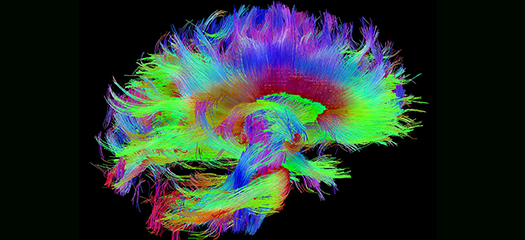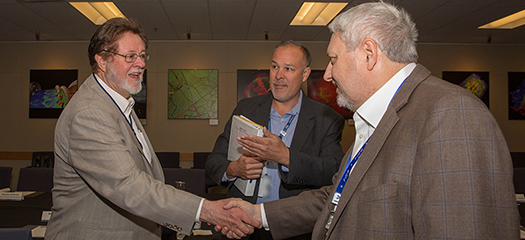Traumatic brain injuries (TBIs) affect millions of people in the U.S., whether from car accidents, on the battlefield, or from sports injuries. Yet treatment and, in many cases, even a detailed diagnosis remains rather rudimentary. Outcomes can range from a complete recovery after seemingly severe injuries to debilitating depression or other personality disorders from apparently much milder incidents.
LLNL is collaborating with the TRACK-TBI Consortium—by far the largest effort of its kind—aimed at collecting comprehensive imaging, clinical, and outcome data for thousands of TBI patients across multiple U.S. emergency rooms. We hope this unprecedented collection of data will lead to fundamental new insights into how to diagnose and ultimately treat TBI.
While thousands of patients represent an order of magnitude larger data collection than in any previous study, the dataset is minuscule in the world of deep learning. Furthermore, the complex graph structures resulting from imaging data cannot be treated as images, nor do they resemble social networks or natural languages. To tackle these challenges, CASC is working on new ML approaches to graph representation learning, multimodal data analysis, small data techniques, and interpretable learning.



